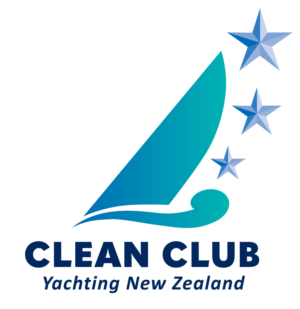
The sheltered bays and clean waters of the Marlborough Sounds make it a favoured environment for marine farming (aquaculture).
Industry pioneers recognised this nearly 40 years ago with the first green-lipped mussel farms, and salmon farming followed in the 1980s. There are now nearly 600 marine farms in the Sounds, and species have expanded to include oysters, salmon, paua and seaweed.
Marine farming in Marlborough produces approximately 80% of all commercially grown seafood in New Zealand. On average 65,000 tonnes of mussels and about 6000 tonnes of salmon are harvested each year in Marlborough, together earning more than $300m in exports.
Under the New Zealand Coastal Policy Statement, Council is required to provide space for aquaculture and with this comes the need to ensure high water quality.
Aquaculture also has a range of effects on the environment and Council, marine farmers, the Ministry for Primary Industries, Department of Conservation and Sounds Advisory Group are working together to better understand and monitor the effects.
Under the Resource Management Act it is Council’s job to monitor marine farming activities and their effects on the environment.
The conditions in a farm’s resource consent state what can and can’t be done in the marine environment. For example, salmon farm consents regulate feeding levels, farm structures, and discharges to the seabed. Mussel farms have conditions including the farm boundaries and lighting conditions, which are regularly monitored by Council’s compliance team.
Council is supporting new DNA monitoring technologies being developed by the Cawthron Institute, which speed up the analysis and reporting of seabed samples.

